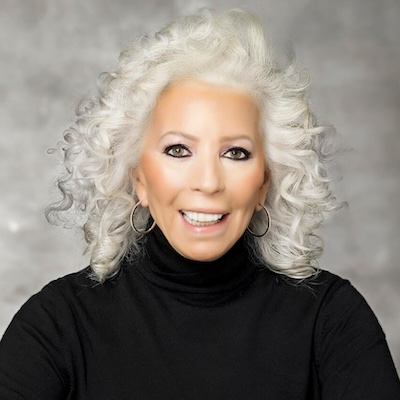Glossary

Finance
The Financial Glossary is your essential guide to understanding the financial terms and concepts that matter most to Baby Boomers. This glossary covers everything from retirement planning and investments to budgeting and estate management, offering clear and concise explanations tailored to the financial needs and goals of our generation. Whether you’re planning for the future, managing your current finances, or exploring new investment opportunities, this glossary provides the knowledge and tools you need to make informed decisions. Empower yourself with the information necessary to secure your financial well-being and navigate the complexities of today’s financial landscape.
Fiduciary
A fiduciary is a person, organization, or entity that holds a legal or ethical relationship of trust with one or more parties, known as principals. They are trusted to manage the assets, finances, or other affairs of the principal, prioritizing the principal’s best interests above their own. Fiduciaries can include trustees, financial advisors, attorneys, and corporate officers, among others, and are bound by law to act with loyalty, good faith, and a duty of care.
Finance
Finance refers to the management, creation, and study of money, banking, credit, investments, assets, and liabilities. It involves the process of budgeting, saving, investing, and overseeing the allocation of resources, and it plays a crucial role in the functioning of the economy. Finance can be divided into personal, corporate, and public finance, each involving different financial activities such as lending, borrowing, saving, investing, and forecasting future financial trends.
Financial Independence
Financial independence refers to the state of having sufficient personal wealth to live without having to actively earn income to cover one’s living expenses. It’s achieved when an individual’s assets or investments generate income or cash flow that exceeds their expenses, allowing them to sustain their desired lifestyle without relying on employment, government assistance, or support from external sources. It is often associated with retirement, but can be attained at any age.
























